Why are so many doctors unregistered?

We are alarmed by the recent revelations from the Bangladesh Medical and Dental Council (BMDC) that painted a disturbing picture of the health sector in general, and the medical profession in particular. As per BMDC data, approximately 36,000 doctors are practicing without their registrations renewed. Moreover, an unspecified number of "fake doctors"—who either registered with falsified documents or have no registration at all—are plying their trade with the BMDC unable to identity or track them. All this amounts to a critical oversight failure that can lead to a lack of accountability for any malpractices committed by physicians.
The importance of registration cannot be overstated. Doctors hold the power of life and death in their hands, and without a strong regulatory framework to oversee their activities, we're putting patients at risk. While hospitals and clinics where they work also have the duty to enforce registration requirements, the responsibility falls primarily on BMDC. As the regulatory authority, BMDC is mandated to register anyone practicing medicine and dentistry and also suspend them in case of professional misconduct, negligence, etc. Currently, there are about 134,568 registered general doctors, 14,323 dentists, and 29,018 medical assistants. As well as registration, BMDC handles complaints against doctors, and is also responsible for the medical educational institutions.
Despite having such broad responsibilities, however, BMDC is struggling with limited operational capacity, mainly due to staff shortages and inadequate facilities. It is also constrained by inadequate office space, as it operates out of a small, shared building and reportedly does not even have a room spacious enough to conduct a full council meeting. At a press briefing on Thursday, the council's president highlighted these issues, adding that while the number of medical institutions and practitioners has risen manifold over the decades, there has been a considerable dip in quality, especially in private medical colleges. This makes it all the more important that doctors are subjected to rigorous eligibility tests before their registration or re-registration to ensure they meet the highest professional standards. Ensuring proper education for prospective doctors is also crucial.
For this, we need strong leadership by the health authorities, particularly the BMDC. We urge the government to strengthen vital institution so that it can handle the growing demand for its regulatory role with the thoroughness that it requires. Stricter enforcement of registration renewals and a robust verification process are vital to prevent unfit or unregistered doctors from practicing. Additionally, we must address the crisis of substandard education in some private medical colleges so that only the most qualified candidates are able to enter the profession.

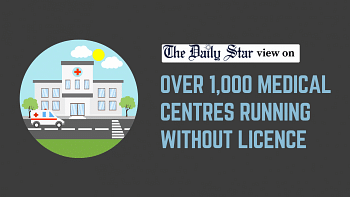
 For all latest news, follow The Daily Star's Google News channel.
For all latest news, follow The Daily Star's Google News channel. 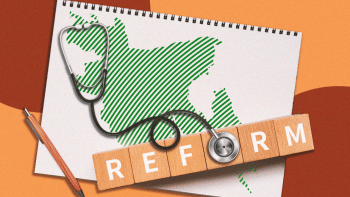
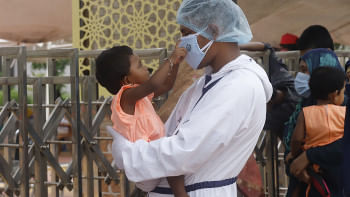





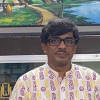
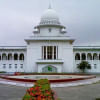


Comments